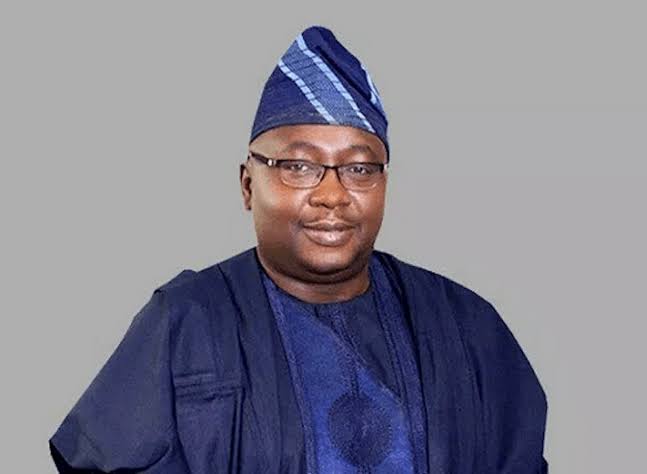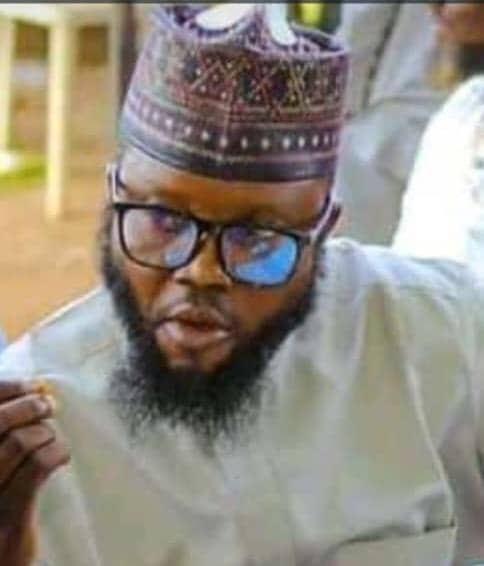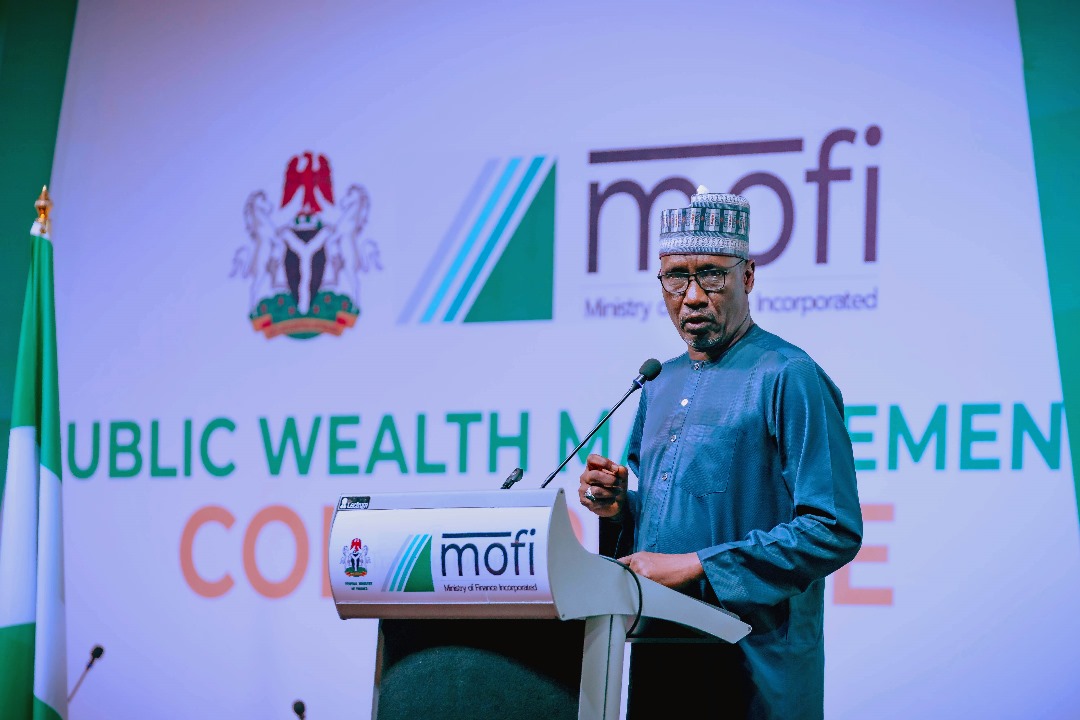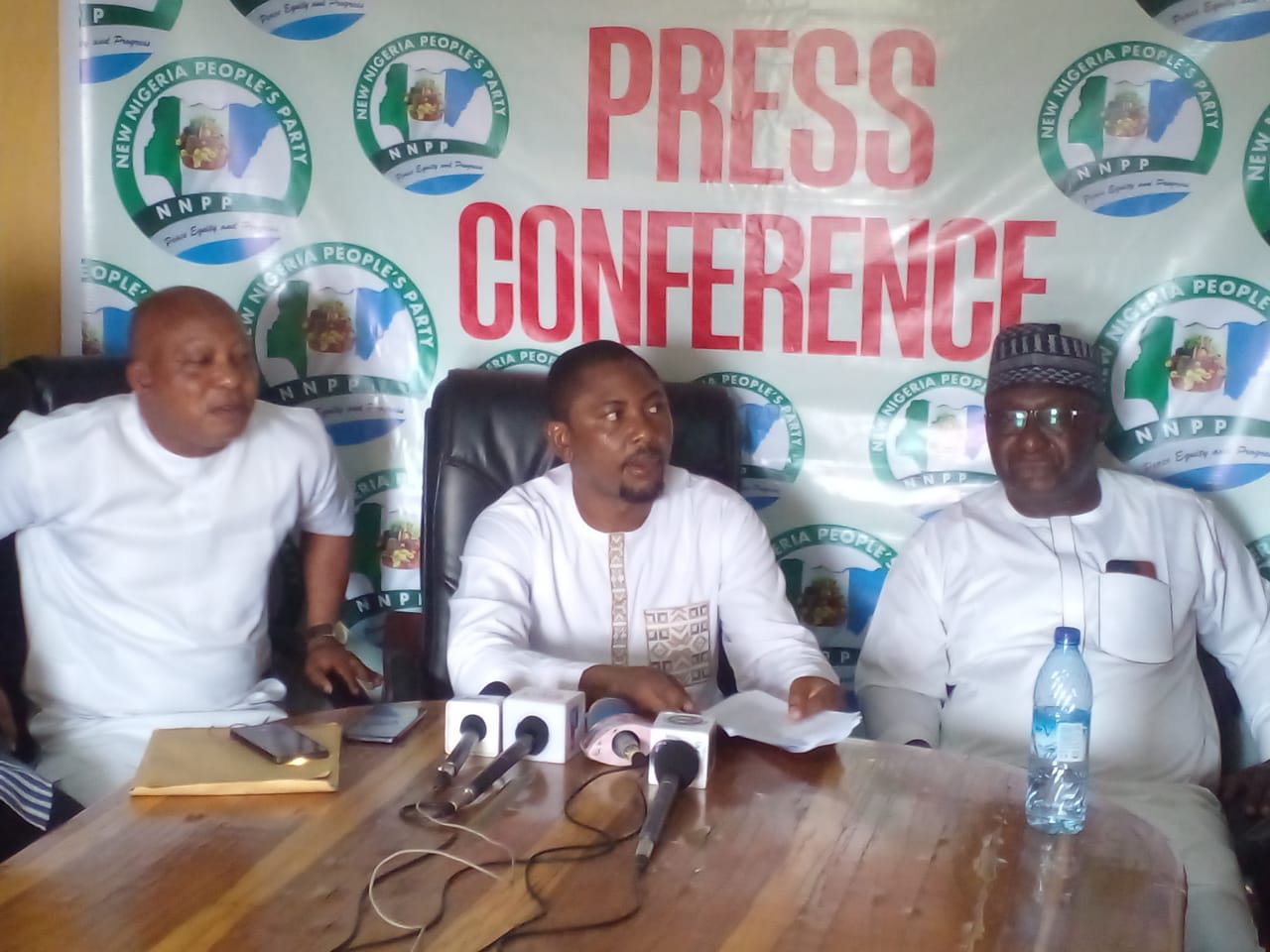
FG Hands Over Zungeru Power Plant To Mainstream Energy Subsidiary,Penstock Ltd
Mohammed Shosanya The Federal Government has officially transferred operations of the Zungeru Hydroelectric Power Plant to Penstock Limited. The government explained that the move is expected to boost Nigeria’s power generation capacity















